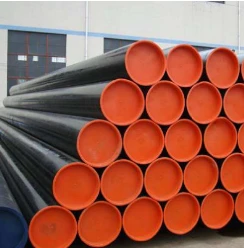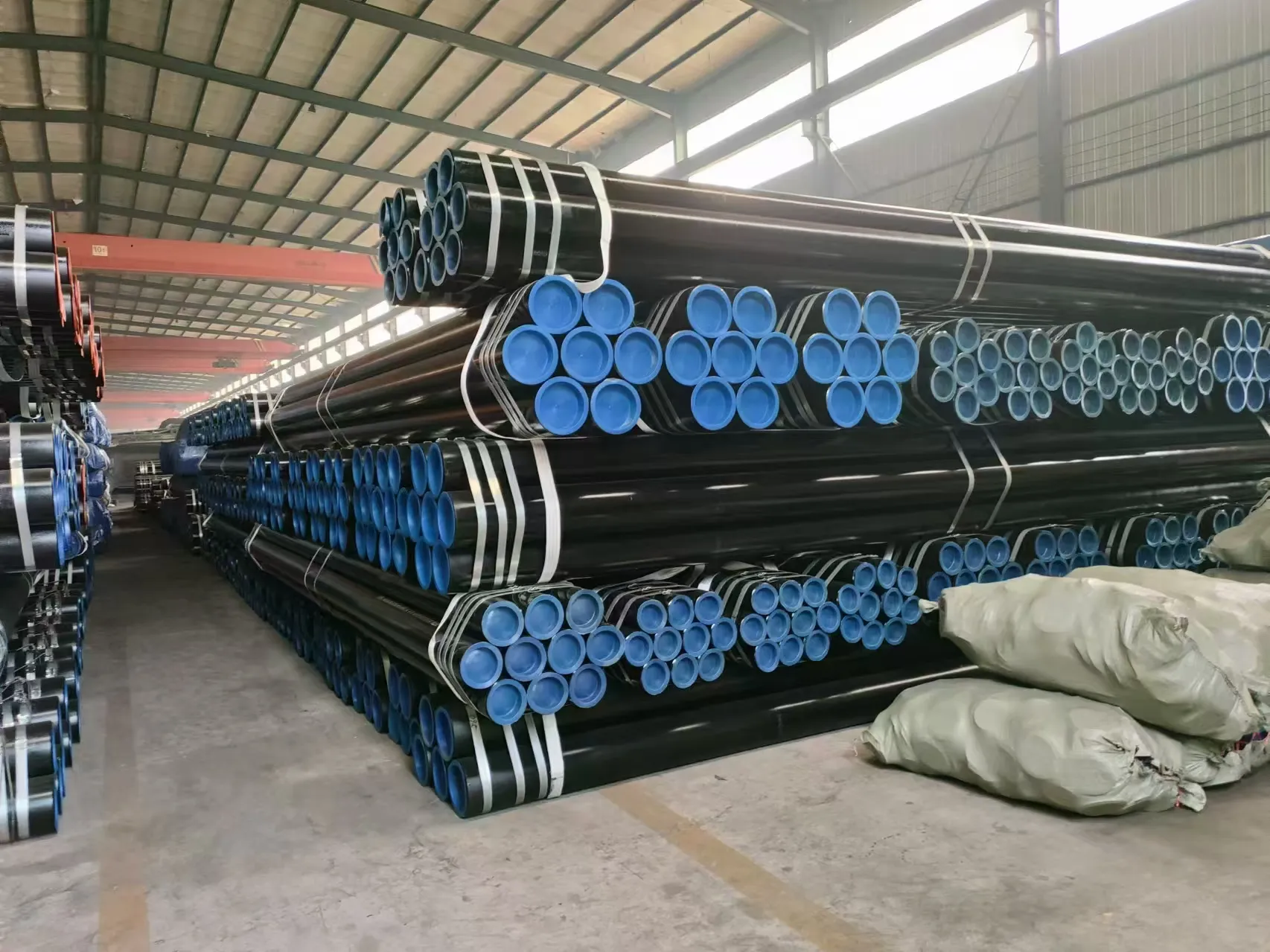-
Cangzhou Yulong Steel Co., Ltd.
-
Phone:
+86 13303177267 -
Email:
admin@ylsteelfittings.com
- English
- Arabic
- Italian
- Spanish
- Portuguese
- German
- kazakh
- Persian
- Greek
- French
- Russian
- Polish
- Thai
- Indonesian
- Vietnamese
- Zulu
- Korean
- Uzbek
- Hindi
- Serbian
- Malay
- Ukrainian
- Gujarati
- Haitian Creole
- hausa
- hawaiian
- Hebrew
- Miao
- Hungarian
- Icelandic
- igbo
- irish
- Japanese
- Javanese
- Kannada
- Khmer
- Rwandese
- Afrikaans
- Albanian
- Amharic
- Armenian
- Azerbaijani
- Basque
- Belarusian
- Bengali
- Bosnian
- Bulgarian
- Catalan
- Cebuano
- China
- China (Taiwan)
- Corsican
- Croatian
- Czech
- Danish
- Esperanto
- Estonian
- Finnish
- Frisian
- Galician
- Georgian
- Kurdish
- Kyrgyz
- Lao
- Latin
- Latvian
- Lithuanian
- Luxembourgish
- Macedonian
- Malgashi
- Malayalam
- Maltese
- Maori
- Marathi
- Mongolian
- Myanmar
- Nepali
- Norwegian
- Norwegian
- Occitan
- Pashto
- Dutch
- Punjabi
- Romanian
- Samoan
- Scottish Gaelic
- Sesotho
- Shona
- Sindhi
- Sinhala
- Slovak
- Slovenian
- Somali
- Sundanese
- Swahili
- Swedish
- Tagalog
- Tajik
- Tamil
- Tatar
- Telugu
- Turkish
- Turkmen
- Urdu
- Uighur
- Welsh
- Bantu
- Yiddish
- Yoruba

Feb . 15, 2025 10:42 Back to list
types of gaskets for flanges
Gaskets play an essential role in preventing leaks at the flange connection in various applications across multiple industries. These seemingly simple components demand careful consideration, given the wide range of materials and designs available. A clear understanding of the types of gaskets for flanges is essential for selecting the right solution, ensuring system efficiency, safety, and longevity.
For environments where hygiene is paramount, as in the food and pharmaceutical industries, Gasket Tape offers a compelling solution. It is especially advantageous in systems where quick assembly and disassembly are frequent. This tape is commonly constructed from PTFE or expanded PTFE, providing a clean, non-contaminating surface that meets strict industry standards. The ease of application and removal makes gasket tape an attractive option for operations that incur frequent maintenance or cleaning. Corrugated Metal Gaskets combine strength with resilience. They are crafted with a thin metal core and covered with a soft facing material. These gaskets are effective across a variety of applications, particularly where uneven flange surfaces might pose a challenge. The core of these gaskets offers structural integrity, while the soft facings provide excellent sealing characteristics. Their adaptable nature means they are often found in chemical processing plants and piping systems that undergo regular fluctuations in stress. In selecting a gasket, consider factors such as the nature of the fluid being sealed, the operating temperature and pressure, the material of the pipe and flange, and compliance with industry standards. Consulting with a gasket manufacturer or an experienced engineer will ensure the most authoritative advice, thereby establishing trust in the decision-making process. Expertise in gasket selection not only impacts operational efficiency but also ensures compliance with safety standards and prolongs the lifespan of system components. A well-chosen gasket leads to reliable sealing solutions, minimal maintenance costs, and ultimately a lower total cost of ownership. Understanding these diverse types of gaskets for flanges equips professionals with the knowledge to address varied sealing demands, fostering a safer and more efficient operational environment.


For environments where hygiene is paramount, as in the food and pharmaceutical industries, Gasket Tape offers a compelling solution. It is especially advantageous in systems where quick assembly and disassembly are frequent. This tape is commonly constructed from PTFE or expanded PTFE, providing a clean, non-contaminating surface that meets strict industry standards. The ease of application and removal makes gasket tape an attractive option for operations that incur frequent maintenance or cleaning. Corrugated Metal Gaskets combine strength with resilience. They are crafted with a thin metal core and covered with a soft facing material. These gaskets are effective across a variety of applications, particularly where uneven flange surfaces might pose a challenge. The core of these gaskets offers structural integrity, while the soft facings provide excellent sealing characteristics. Their adaptable nature means they are often found in chemical processing plants and piping systems that undergo regular fluctuations in stress. In selecting a gasket, consider factors such as the nature of the fluid being sealed, the operating temperature and pressure, the material of the pipe and flange, and compliance with industry standards. Consulting with a gasket manufacturer or an experienced engineer will ensure the most authoritative advice, thereby establishing trust in the decision-making process. Expertise in gasket selection not only impacts operational efficiency but also ensures compliance with safety standards and prolongs the lifespan of system components. A well-chosen gasket leads to reliable sealing solutions, minimal maintenance costs, and ultimately a lower total cost of ownership. Understanding these diverse types of gaskets for flanges equips professionals with the knowledge to address varied sealing demands, fostering a safer and more efficient operational environment.
Next:
Latest news
-
ANSI 150P SS304 SO FLANGE
NewsFeb.14,2025
-
ASTM A333GR6 STEEL PIPE
NewsJan.20,2025
-
ANSI B16.5 WELDING NECK FLANGE
NewsJan.15,2026
-
ANSI B16.5 SLIP-ON FLANGE
NewsApr.19,2024
-
SABS 1123 FLANGE
NewsJan.15,2025
-
DIN86044 PLATE FLANGE
NewsApr.19,2024
-
DIN2527 BLIND FLANGE
NewsApr.12,2024
-
JIS B2311 Butt-Welding Fittings LR/SR 45°/90° /180°Seamless/Weld
NewsApr.23,2024











